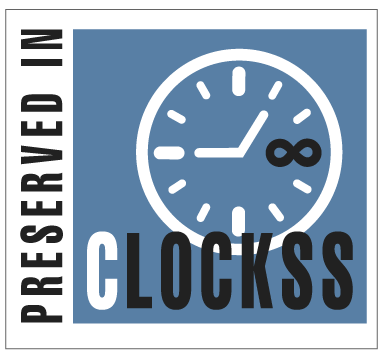Abstract
Vitiligo is an acquired idiopathic skin disorder characterized by depigmented macules due to the loss of cutaneous melanocytes. Immune dysfunction may play a role in vitiligo, prompting the investigation of certain cytokines (IL-17A and TNF-α) and immunoglobulins (IgM, IgG, IgA, and total IgE). The study involved 60 patients (age 6-55 years), including 30 untreated and 30 treated with Narrow Band Ultraviolet-B (NB-UVB), plus 30 healthy controls. Serum cytokine and immunoglobulin levels were measured using ELISA and SRID methods. Results showed significantly increased serum IL-17A and TNF-α in both untreated and NB-UVB treated vitiligo patients (p ≤ 0.05). Serum IgG and IgA in untreated patients decreased non-significantly (P<0.05), while IgM and IgE levels were increased but non-significant. NB-UVB treatment led to significant increases in serum IgM and IgG (p ≤ 0.05) compared to untreated patients and controls. This suggests IL-17A and TNF-α play a key role in vitiligo pathogenesis, and changes in serum immunoglobulins indicate humoral immunity involvement. NB-UVB is a safe and effective treatment for generalized vitiligo.
Keywords
Vitiligo, IL-17A, TNF-α, Immunoglobulins
Article Type
Article
How to Cite this Article
Tariq, Shatha F. and Hussein, Talib A.
(2016)
"Study of the Immunological Status of Iraqi Vitiligo Patients,"
Baghdad Science Journal: Vol. 13:
Iss.
3, Article 7.
DOI: https://doi.org/10.21123/bsj.2016.13.3.0454








